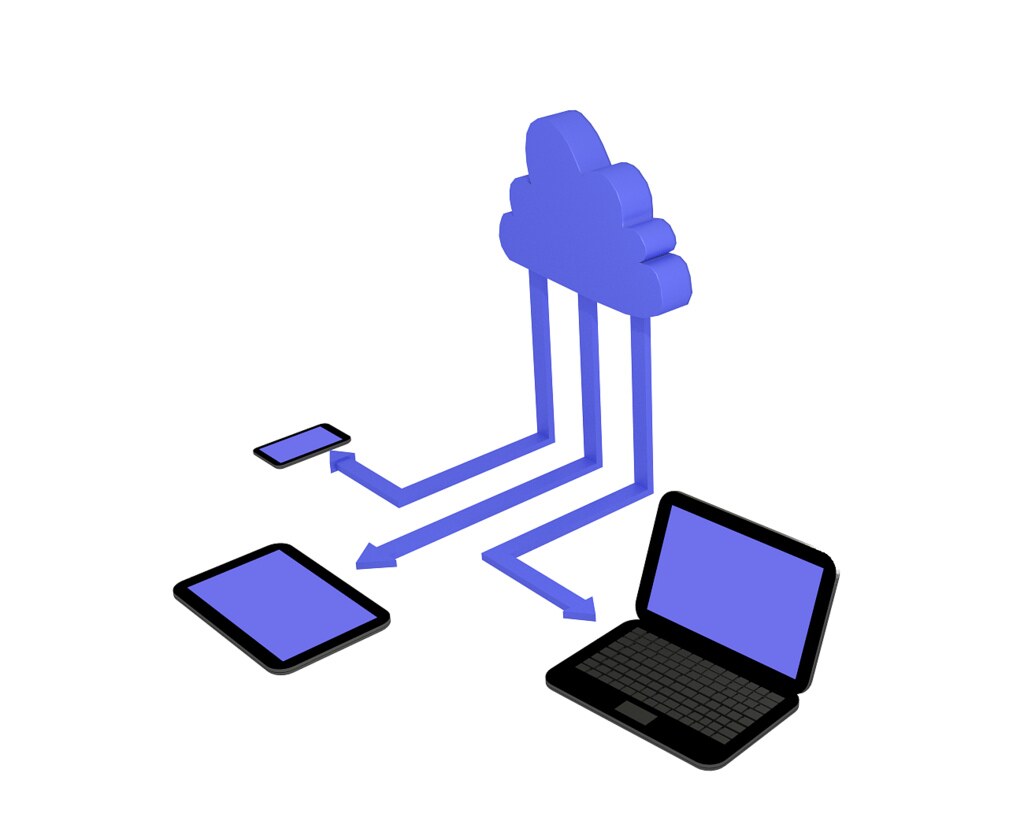Navigating the Cloud: A Comprehensive Guide to Cloud VPNs
Navigating the Cloud: A Comprehensive Guide to Cloud VPNs


Navigating the Cloud: A Comprehensive Guide to Cloud VPNs
Disable the VPN through Settings. Go to Settings on your iPhone and tap on General. Scroll down and tap on VPN. You will see a list of VPN configurations that you have added to your device.
Our website uses cookies to improve your experience. Learn more about: cookie policy